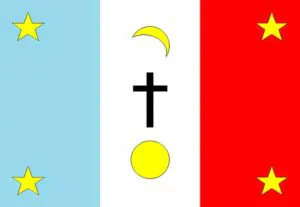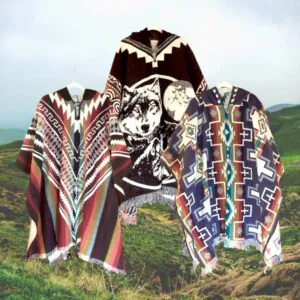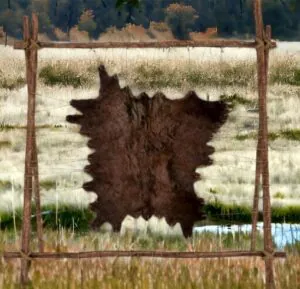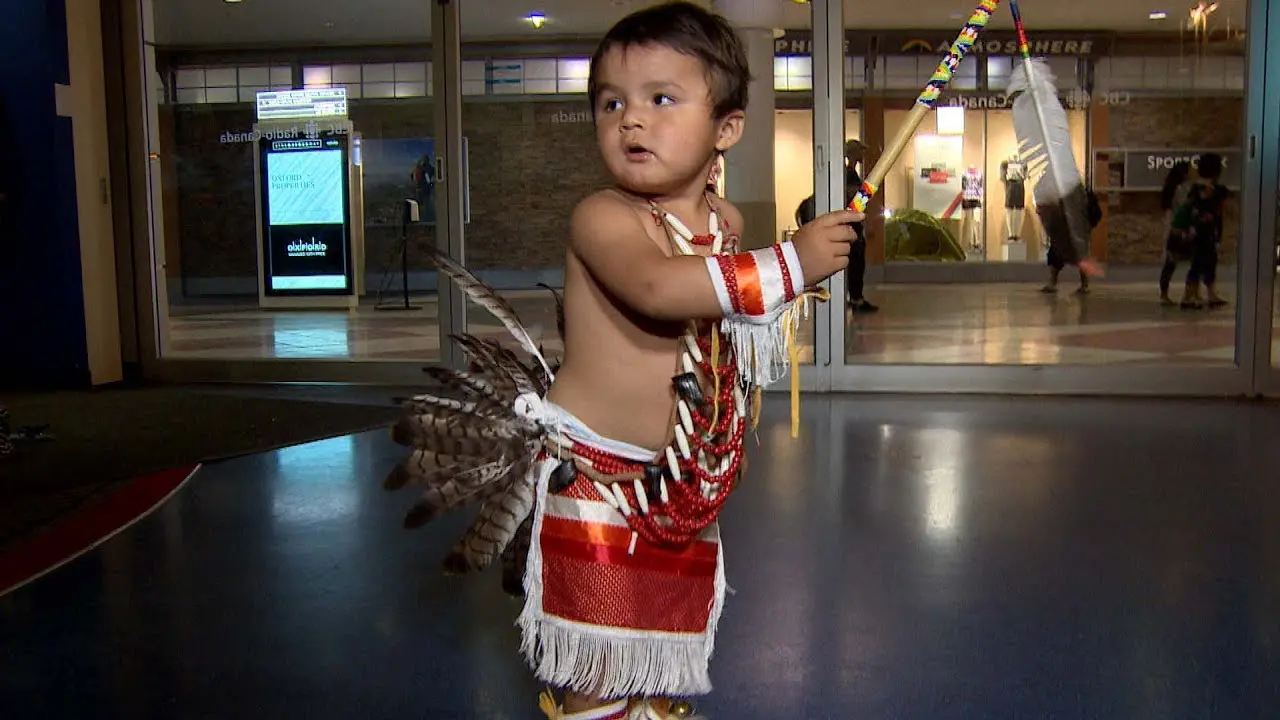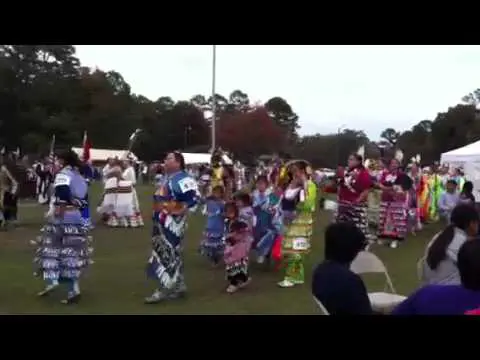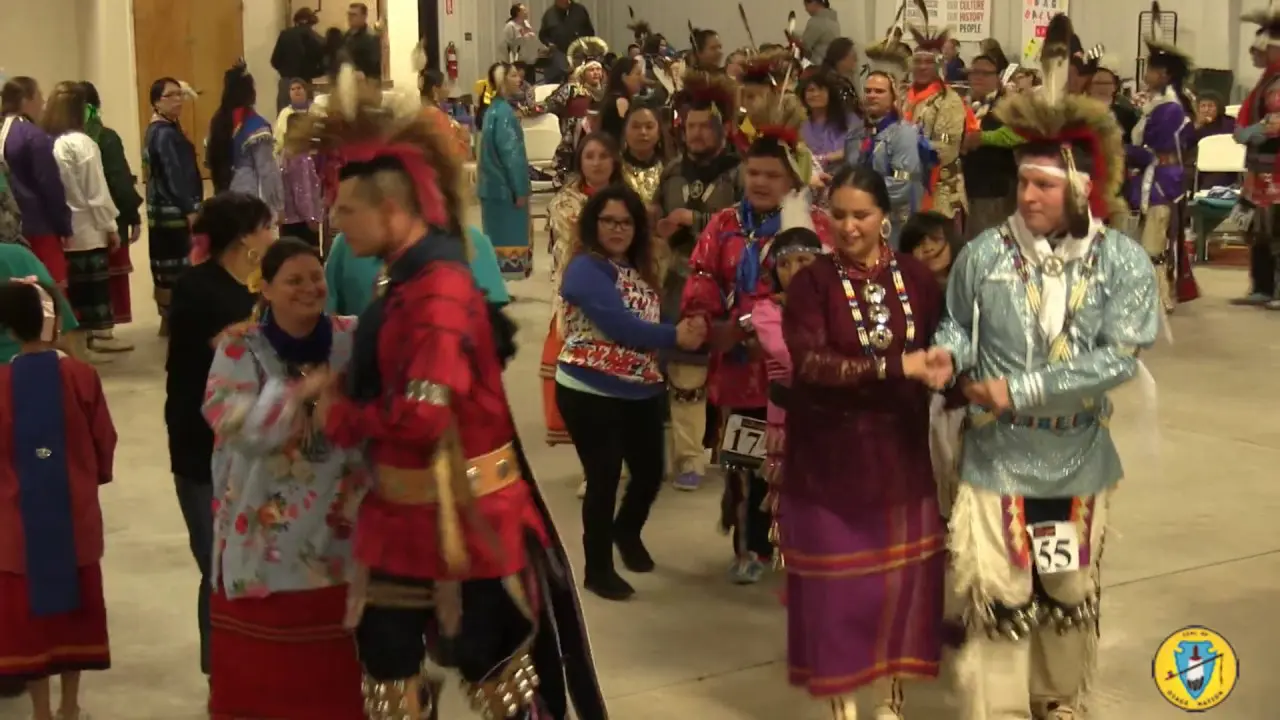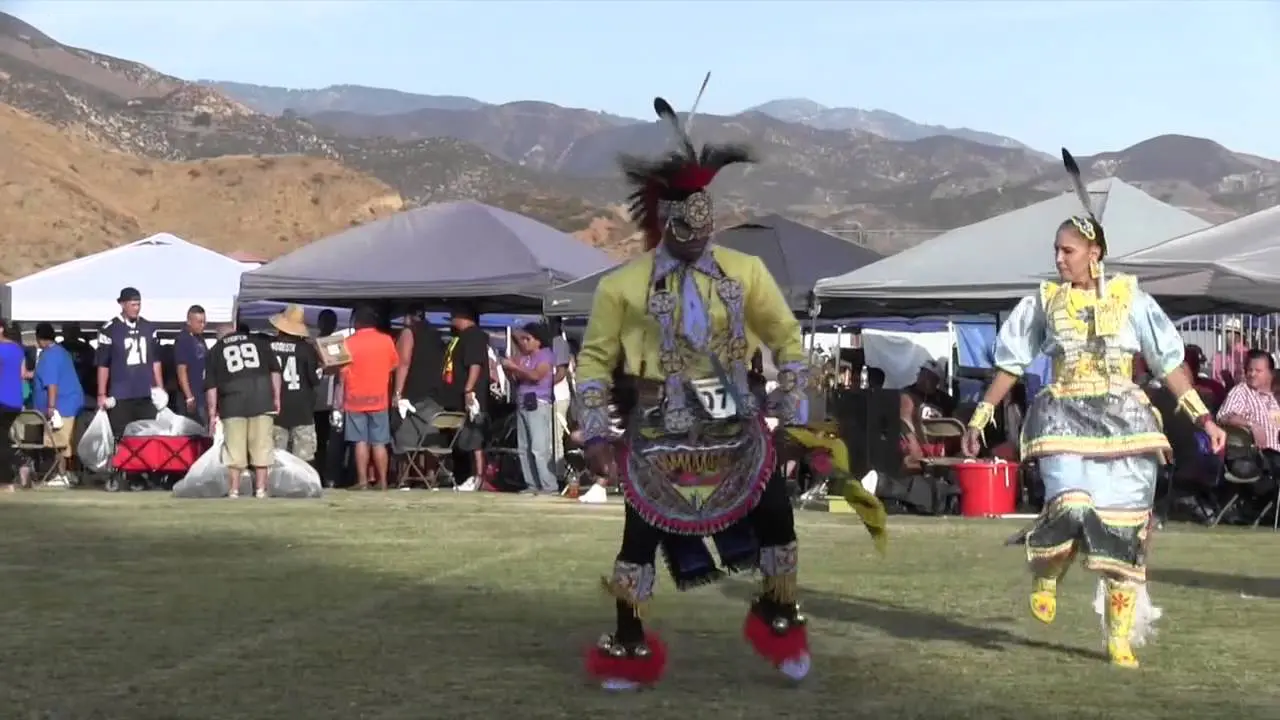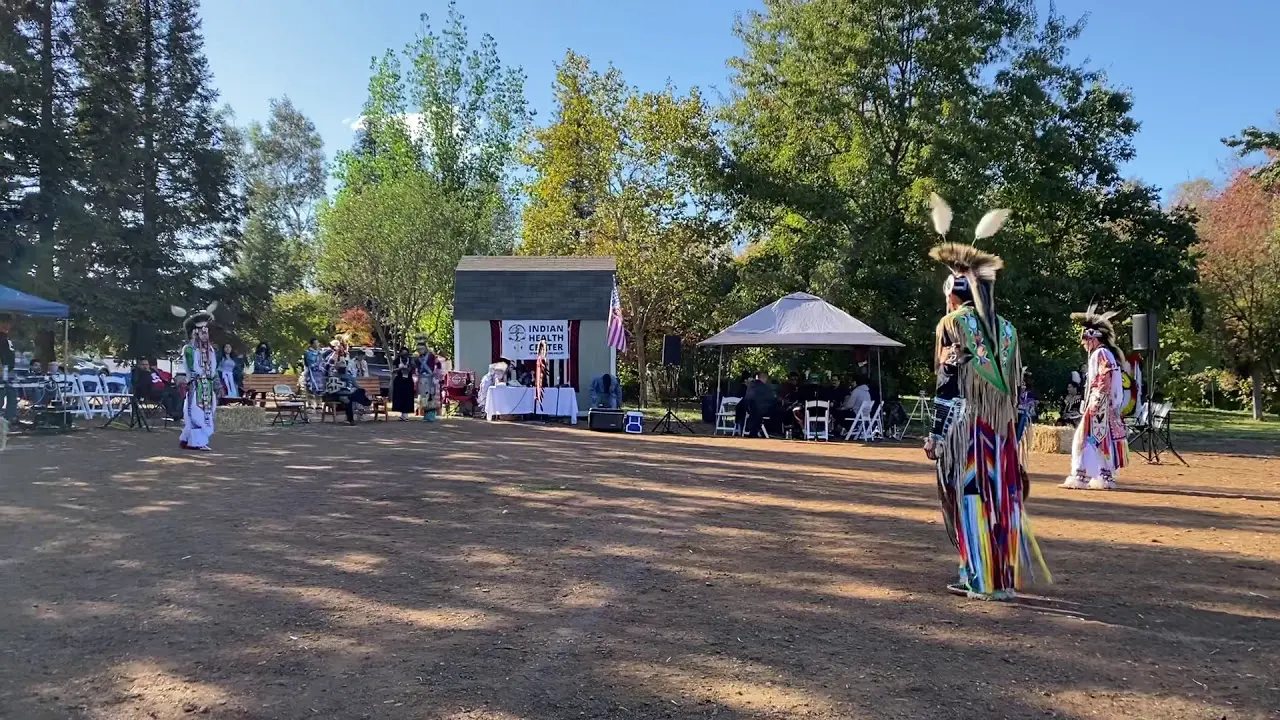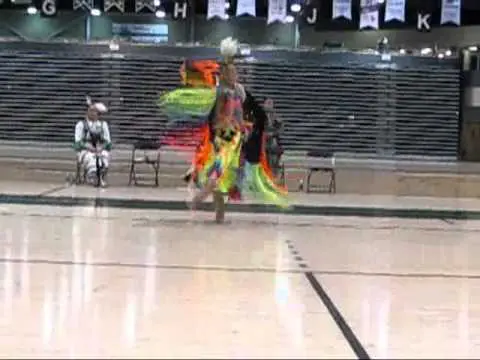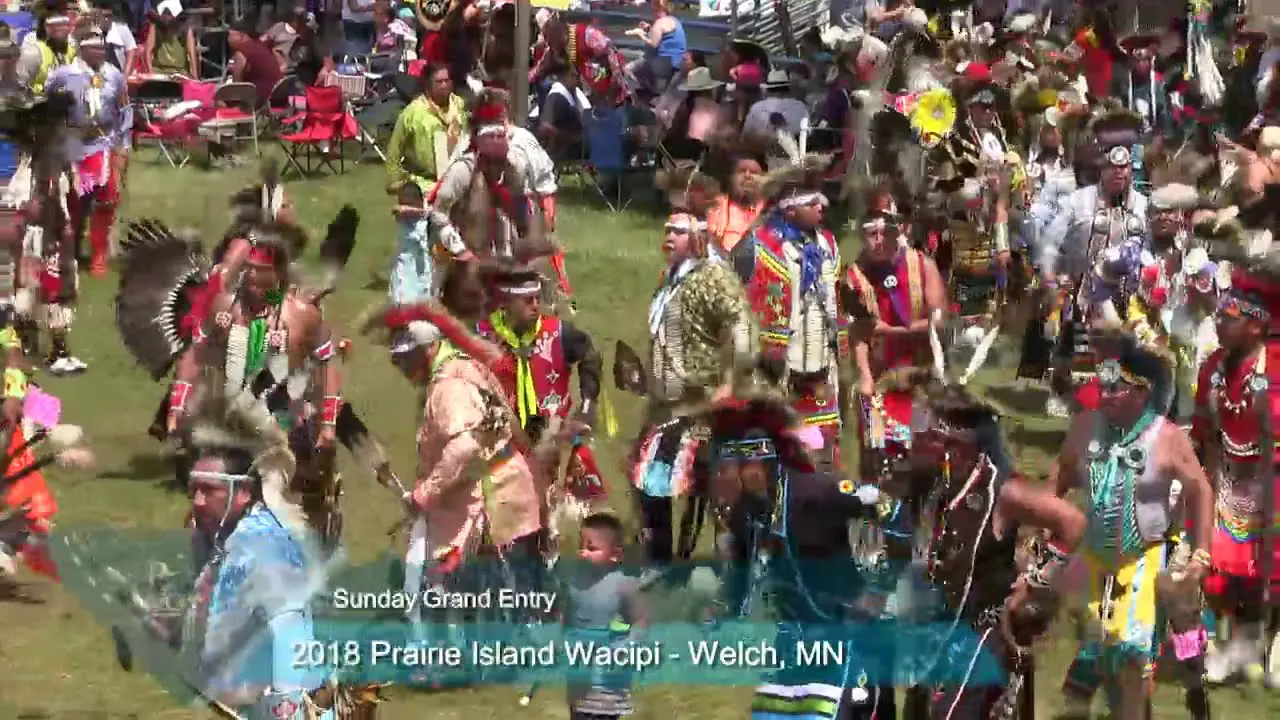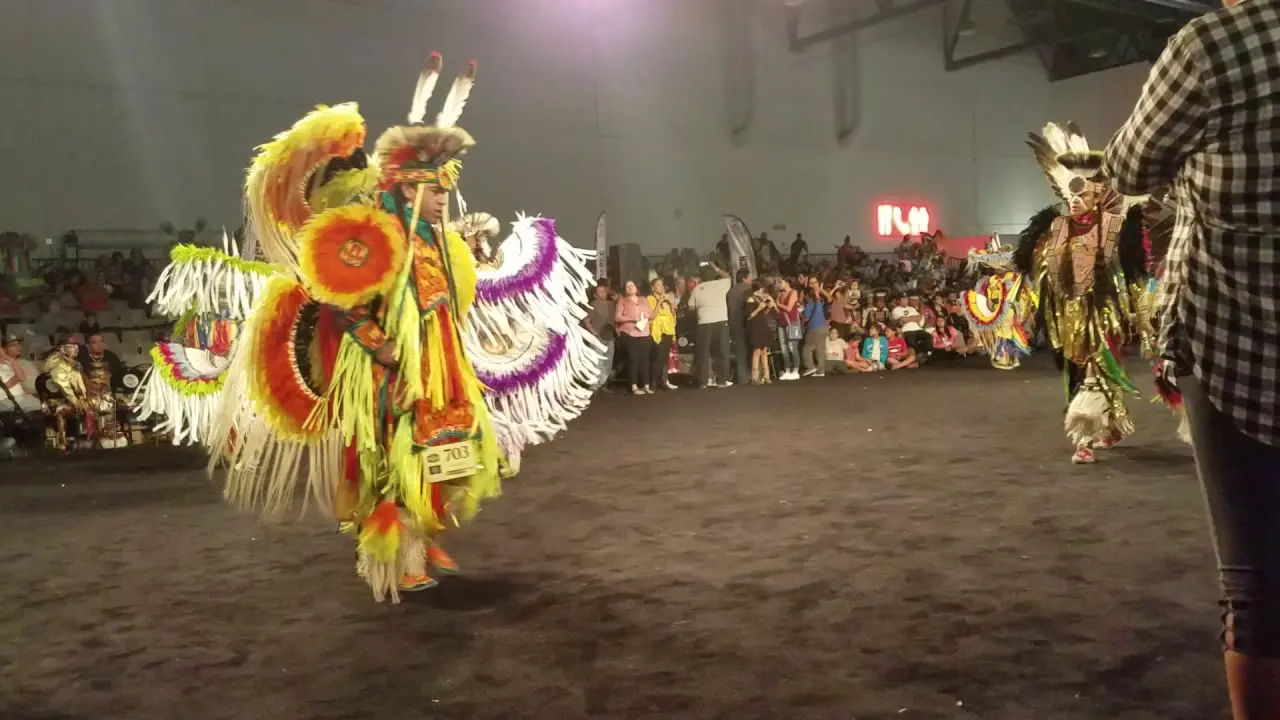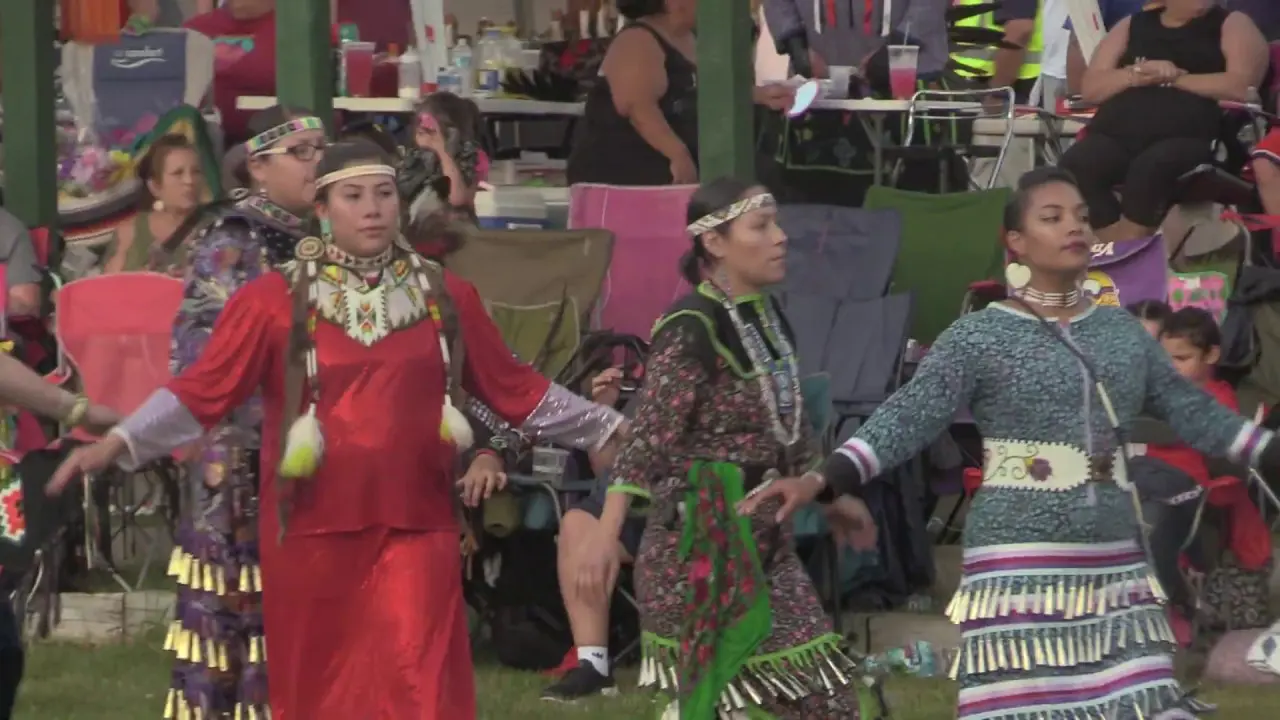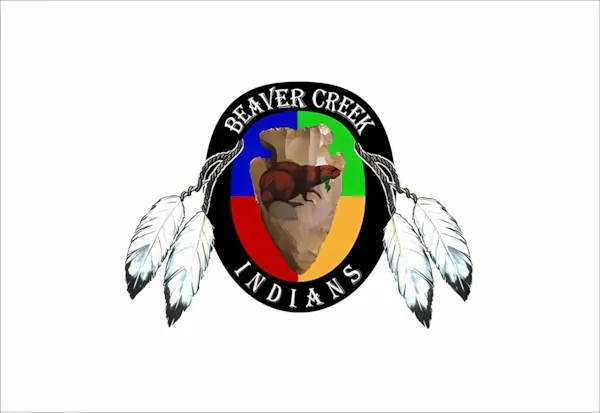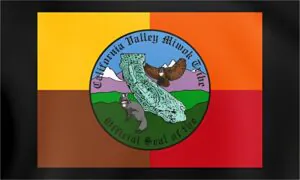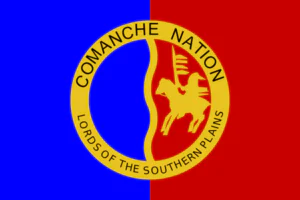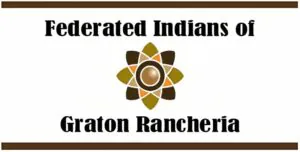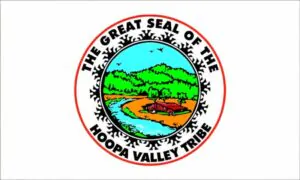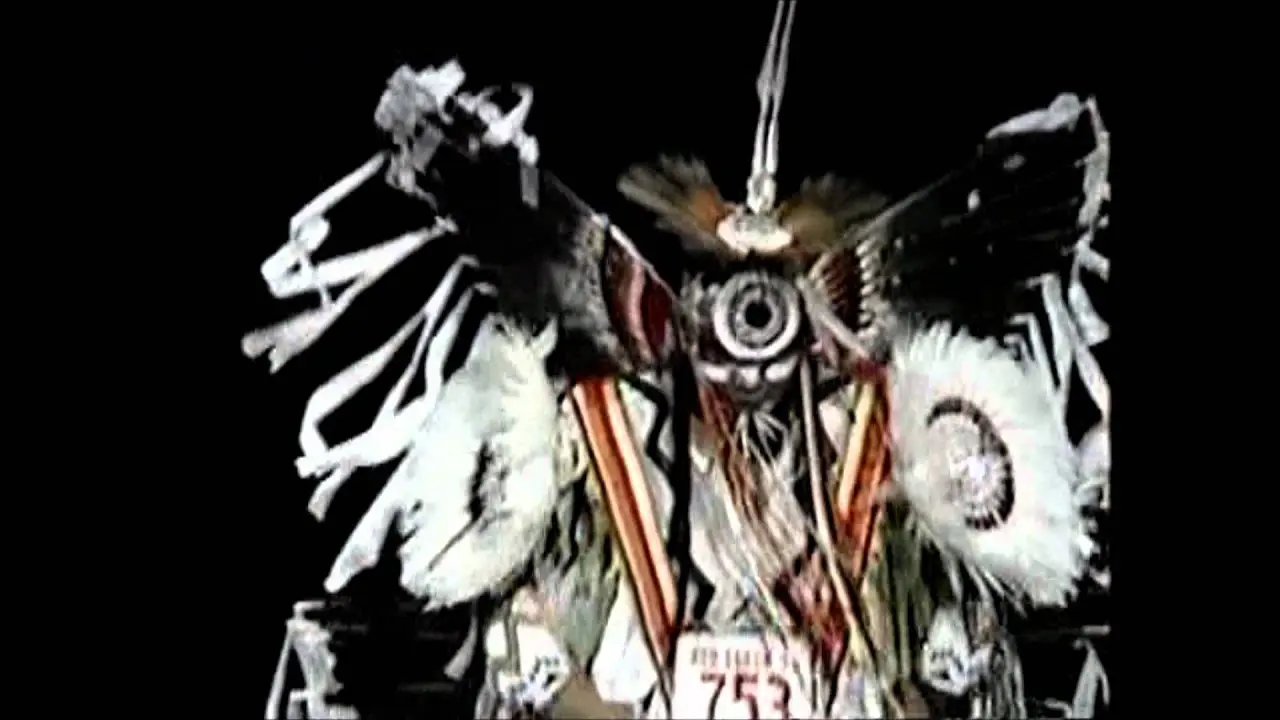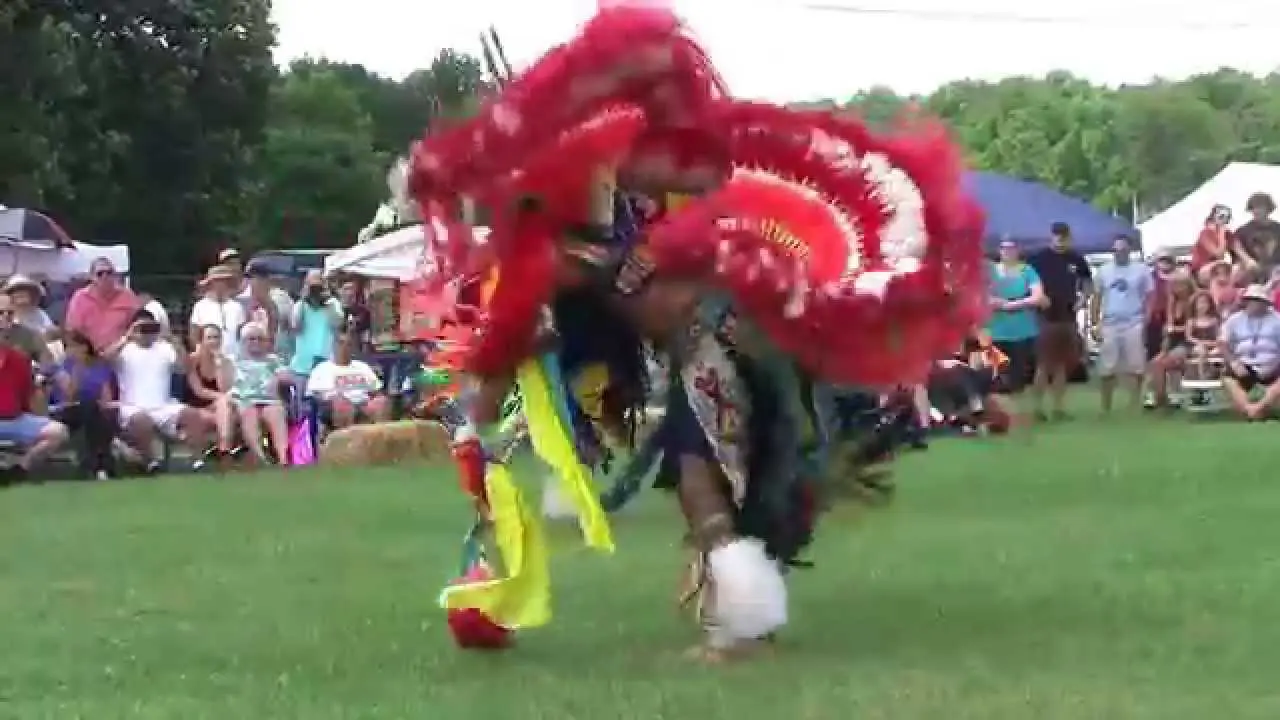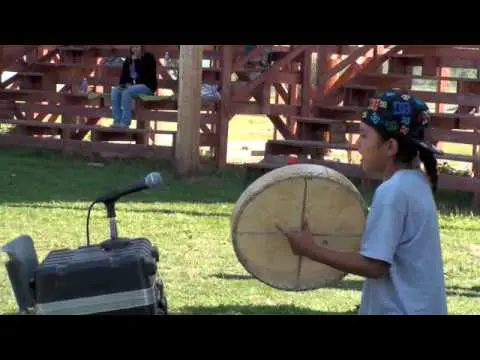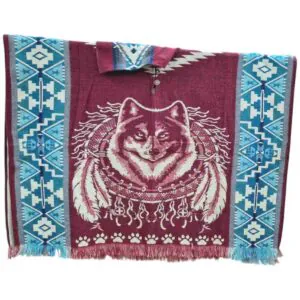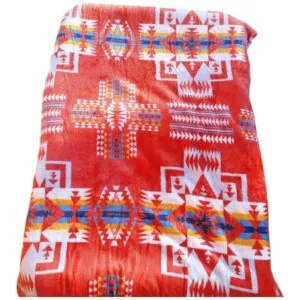Introduction to the Pascua Yaqui Tribe of Arizona
Nestled in the heart of southern Arizona,the Pascua Yaqui Tribe is a vibrant and resilient community with a rich cultural heritage that dates back centuries. Recognized as a federally recognized tribe in 1978, the Pascua Yaqui Tribe has a unique history that blends indigenous traditions with contemporary practices. The tribe’s governing body, the Yaqui People, has worked diligently to preserve their customs while also embracing modernization to enhance the quality of life for their members.
The Pascua Yaqui Tribe is primarily located in and around Tucson, Arizona, where they have developed a strong economic base through various enterprises, including gaming, tourism, and cultural initiatives. The tribe is known for its colorful festivals, traditional art forms, and spirited music, which are fundamental expressions of their identity and heritage. From the enchanting sounds of their traditional music to the intricate designs of their handcrafted jewelry and textiles, the Pascua Yaqui people continue to celebrate and share their culture with the world.
In addition to preserving their rich traditions, the Pascua Yaqui Tribe faces contemporary challenges while actively seeking to promote education, healthcare, and economic growth for its members. By prioritizing the well-being of their community, the tribe illustrates a commitment not just to their history but also to a dynamic future. As they navigate the complexities of modern life, the Pascua Yaqui Tribe remains a testament to resilience, unity, and cultural pride, making them a pivotal part of Arizona’s diverse tapestry.
This introduction encapsulates the essence of the Pascua Yaqui Tribe, highlighting their heritage, modern developments, and contributions to Arizona and beyond. Through their enduring spirit, the tribe continues to thrive while preserving the values and traditions that define them.
Origin Of The People
The Pascua Yaqui Tribe, located primarily in Arizona, has a rich and complex origin story. The tribe’s ancestry can be traced back to the Yaqui people of northern Mexico, especially the areas near the Yaqui River in present-day Sonora. Historically, the Yaqui people resisted Spanish colonization for centuries, engaging in fierce battles to maintain their sovereignty and cultural identity.
In the late 19th and early 20th centuries,many Yaqui people faced persecution and displacement due to conflicts with the Mexican government,particularly during the Mexican Revolution.This unrest led some to seek refuge in the United States, particularly in Arizona. The migration resulted in the establishment of the Pascua Yaqui community in the Tucson area, where they maintained their distinct cultural practices, languages, and traditions.
The name “Pascua” refers to the tribe’s connection to the Pascua area, a neighborhood in Tucson, which has become an essential cultural and political hub for the tribe. The Pascua Yaqui Tribe officially gained federal recognition in 1978,allowing them to assert their rights and restore their cultural heritage. Today, the tribe continues to celebrate and preserve their rich history through traditional ceremonies, festivals, and the reinforcement of their native language, Yaqui, fostering a vibrant community that honors its origins.
The Pascua Yaqui Tribe plays a crucial role in bridging the past with the present, integrating traditional customs with contemporary life while advocating for the rights and welfare of Indigenous peoples in Arizona and beyond.Their journey reflects resilience and a strong commitment to cultural preservation in the face of important challenges over the centuries.
Tribal Homelands
The Pascua Yaqui Tribe of Arizona is rooted in rich cultural heritage and historical significance,with its homelands primarily located in and around Tucson. This area, nestled in the Sonoran Desert, provides a unique landscape that has influenced the tribe’s way of life for centuries.The Pascua Yaqui Tribe’s territorial boundaries encompass several communities, including Pascua Yaqui Village, located just southwest of Tucson, where traditional practices and modern life intertwine.
The tribe’s history is deeply tied to its land, which has served as a sanctuary for their customs, language, and traditions. The Pascua Yaqui people originally migrated from Mexico,where they faced both social and political challenges,leading to their settlement in Arizona during the early 20th century. The Yaqui language and cultural practices have been preserved through generations and are celebrated at various tribal events and festivals.
The homelands also reflect the tribe’s initiatives for revitalization and self-determination,as the Pascua Yaqui Tribe has invested in community development projects,including healthcare,education,and cultural preservation. Natural resources, such as water from the Santa Cruz River, play a crucial role in the tribe’s agricultural pursuits and traditional ceremonies.
Moreover, the tribe is known for its vibrant artisan crafts, such as pottery and beadwork, drawing inspiration from its ancestral lands. These crafts not only serve as a means of economic support but also embody the stories and identity of the Pascua Yaqui people.
the tribal homelands of the Pascua Yaqui Tribe are more than just geographic locations; they are a living testament to the tribe’s resilience, cultural practices, and dedication to preserving their identity amidst the changing world.
Interactions With Settlers
The Pascua Yaqui Tribe of Arizona has a rich history of interactions with settlers that have both shaped their community and influenced their cultural identity.One of the most significant positive interactions occurred during the late 19th century when a growing interest in the agricultural potential of the region led to collaborative efforts. The Pascua Yaqui people cultivated their traditional crops, such as maize and beans, while also adopting new farming techniques introduced by settlers. This blending of knowledge not only improved agricultural yields but also fostered a sense of community between the two groups.However,these interactions were not solely beneficial. The arrival of settlers brought land disputes and cultural misunderstandings that often sidelined the needs and rights of the Pascua Yaqui. The encroachment of settlers on traditional lands led to a gradual loss of territory,creating tensions that continue to resonate today. This impact was particularly profound during the mid-20th century when policies aimed at assimilation restricted the Tribe’s cultural practices and language, further straining relations.
Despite these challenges,the Pascua Yaqui Tribe has demonstrated resilience. Engaging in various economic ventures, including tourism and traditional arts, the Tribe has successfully worked to revitalize its heritage and engage with a broader audience. Efforts to preserve the Yaqui language and traditions have led to renewed interest and respect among settlers and visitors alike, highlighting a path toward mutual understanding and cooperation.
the interactions between the Pascua Yaqui Tribe and settlers encompass a spectrum of experiences, from collaborative agricultural practices to challenging conflicts over land and culture. These dynamics reflect the complex history of coexistence, cultural exchange, and ongoing efforts for recognition and reconciliation. Today, the Pascua Yaqui Tribe continues to advocate for their rights, reclaim their narrative, and build lasting relationships with neighboring communities, emphasizing the importance of respect and shared heritage.
Most Notable Events In Their Tribal History
One of the most notable events in the history of the Pascua Yaqui Tribe of Arizona was the recognition of their sovereignty through the establishment of the Pascua Yaqui Tribe as a federally recognized tribe in 1978. This monumental decision came after decades of struggle to preserve their cultural identity and legal rights, allowing the tribe to govern itself and manage its own affairs.
Another significant milestone took place in 2008 when the tribe expanded its economic base by opening the Casino del Sol, a vital source of revenue that has contributed to community development and social programs. The success of the casino has allowed the Pascua Yaqui Tribe to invest in infrastructure, education, and healthcare, enhancing the quality of life for its members.The Pascua Yaqui Tribe also played a crucial role in the creation of the Yaqui language preservation programs in the early 2000s, ensuring the continuity of their linguistic heritage.This initiative reflects the tribe’s commitment to revitalizing their cultural practices and nurturing future generations’ connection to their Yaqui identity.
In addition to these achievements, the Pascua Yaqui people have faced significant challenges, particularly during the mid-20th century when they were subject to U.S. government policies that sought to assimilate Native Americans into mainstream society. Despite these adversities, the tribe’s resilience and dedication to preserving their traditions and social cohesion allowed them to emerge stronger.Participation in significant legal battles, such as the landmark 1990s cases concerning tribal sovereignty and fishing rights, also stands as a testament to the tribe’s efforts to assert their rights and protect their natural resources. These legal victories not only reaffirmed their hunting and fishing rights but also established significant precedents for other Indigenous communities across the nation.
Through cultural celebrations such as the Yaqui Easter celebrations, the Pascua Yaqui Tribe continues to honour its heritage, showcasing the tribe’s enduring traditions and fostering a sense of pride among tribal members. the history of the Pascua Yaqui Tribe is marked by a vibrant tapestry of resilience, cultural preservation, and advocacy for Indigenous rights in the face of numerous challenges.
Where Are Their Tribal Lands Now And How Were They Established
The Pascua Yaqui Tribe of Arizona primarily resides within a designated reservation near Tucson, encompassing approximately 1,000 acres of tribal land. Established in the 1970s through federal recognition, the Pascua Yaqui Tribe was officially recognized in 1978, which allowed them to reclaim a significant portion of their ancestral lands. Historically, the Pascua Yaqui people have inhabited the regions around the Yaqui River in Mexico and parts of the southwestern United States.
The process of establishing their current tribal lands involved negotiations with federal and state authorities, coupled with a strong push for self-determination and autonomy from the broader U.S. government. This recognition facilitated the Tribe’s ability to manage their lands and resources,fostering economic development and cultural preservation.
Along with the main reservation, the Pascua Yaqui Tribe has also acquired various parcels of land throughout Arizona, enhancing their governmental and economic capabilities. The Tribe actively engages in various enterprises, such as gaming and hospitality, which contribute to its financial independence and the revitalization of Pascua Yaqui culture and heritage.
The current lands of the Pascua Yaqui Tribe serve as a cultural and spiritual hub, where traditional practices are maintained, and community development thrives. As stewards of this land, the Pascua Yaqui people continue to strengthen their identity while navigating the complexities of modern society, ensuring their rich history is preserved for future generations.
Modern Concerns Of The Tribe
Today, the Pascua Yaqui Tribe of Arizona faces a range of modern concerns that intertwine cultural preservation, economic development, and environmental sustainability. One of the most pressing issues is the protection of their sacred lands and water resources. As urban development encroaches on their traditional territories, the tribe is actively working to safeguard these vital areas, which hold immense cultural significance.
Economic development offers both opportunities and challenges for the Pascua Yaqui Tribe.They have made significant strides by establishing casinos and other enterprises, which provide essential revenue streams for community services, education, and healthcare.Though, balancing economic growth with cultural and environmental integrity remains a priority.The tribe places significant emphasis on using their resources responsibly, ensuring that development aligns with their values and traditions.
Additionally, healthcare is a critical concern for the Pascua Yaqui people.While the tribe operates health services aimed at improving well-being, ongoing challenges include addressing health disparities that disproportionately affect Indigenous communities. The pandemic highlighted the need for better healthcare access, leading to increased advocacy for robust health infrastructure within the tribe.
Cultural revitalization is another key focus as younger generations grapple with the complexities of modern life. The tribe has launched initiatives to preserve and promote traditional language, arts, and cultural practices. By fostering a sense of identity and community among youth, the Pascua Yaqui Tribe is investing in both the present and future of their cultural heritage.
Environmental issues, particularly in relation to climate change, pose a threat to the tribe’s agricultural practices and water supplies. With increasing temperatures and unpredictable weather patterns, the Pascua Yaqui Tribe is adapting by implementing enduring farming practices. They are also involved in broader regional discussions about water rights and conservation, seeking to ensure access to clean water for both their community and future generations.
Moreover, political advocacy plays a crucial role in addressing the tribe’s concerns. Working with state and federal governments, the Pascua Yaqui Tribe seeks justice for historical grievances, including land rights and autonomy. Strengthening their political voice helps to ensure that their interests are represented in legislation that affects their community and wellbeing.
the modern concerns of the Pascua Yaqui Tribe reflect a commitment to preserving their identity, securing a sustainable future, and navigating the complexities of contemporary society while honoring their rich cultural heritage.
Events And Other Social And Political Activities
The Pascua Yaqui Tribe of Arizona is an active community that engages in various social,cultural,and political activities aimed at preserving their heritage and advocating for their rights. One of the tribe’s hallmark events is the annual Fiesta de las Cruces, which celebrates their rich cultural heritage through traditional dances, music, and delicious food.This vibrant festival not only showcases the tribe’s customs but also invites the wider community to participate,fostering cultural exchange and understanding.
Along with cultural festivities, the Pascua Yaqui Tribe is deeply involved in political advocacy. The tribe works diligently to protect their sovereignty and address issues such as land rights, healthcare, and education within their community. Their participation in national and local political dialogues ensures that the unique concerns of Indigenous peoples are represented in policymaking processes.
Moreover, the tribe conducts regular workshops and community meetings, which serve as platforms for members to voice their concerns and propose solutions to issues affecting their lives. These gatherings strengthen communal bonds and ensure that all voices, especially those of the youth and elders, are heard in the tribe’s decision-making processes.
Environmental stewardship is also a focus for the Pascua Yaqui Tribe, as they engage in initiatives aimed at conserving their natural resources and promoting sustainable practices. Their efforts include community clean-up events and educational programs on the importance of protecting their ancestral lands.
The Pascua Yaqui Tribe’s commitment to social justice is evident in their partnerships with various organizations that promote Indigenous rights. Collaborating with national coalitions and local nonprofits allows the tribe to amplify their efforts in addressing broader social issues, such as access to healthcare and economic development.
the social and political activities of the Pascua Yaqui Tribe of Arizona reflect their vibrant culture and their ongoing dedication to advocacy and community engagement,ensuring that their traditions are preserved for future generations while navigating the complexities of contemporary society.
